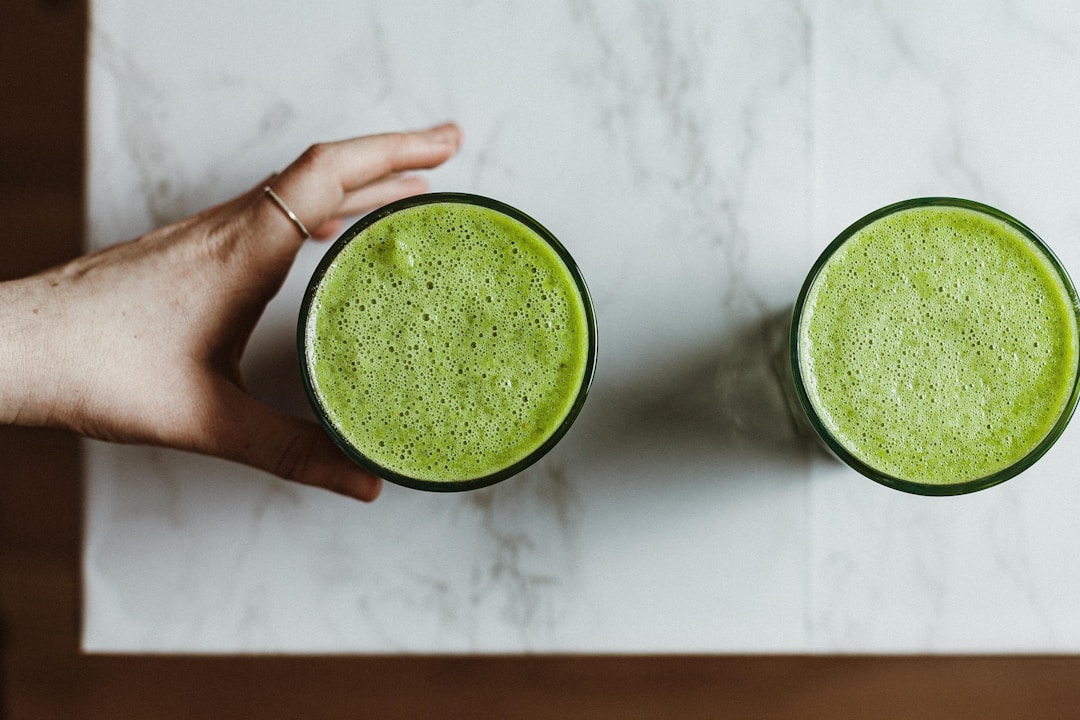Understanding the Different Types of Protein Supplements
For fitness enthusiasts and those seeking nutritional support, protein supplements have become a staple in promoting muscle recovery, weight management, and overall health. In this article, we’ll delve into the various protein types and their unique benefits, helping you make an informed decision on which protein is right for you.
Exploring the Landscape of Protein Supplements
In the world of dietary supplements, protein powders, and shakes have carved out a significant niche due to their convenience and effectiveness. Protein is an essential macronutrient vital for repairing tissues, building muscles, and making enzymes and hormones. Supplements come in various forms, including powders that can be mixed with water, milk, or used in smoothies, bars for snacking, and ready-to-drink shakes that fit active lifestyles.
Protein supplements can be derived from animal or plant sources, and each type offers unique advantages. Animal-based proteins, such as whey and casein, are known for their complete amino acid profiles and fast absorption rates. On the other hand, plant-based options like soy or pea protein offer alternative benefits, including being suitable for those with dietary restrictions such as lactose intolerance or a vegan diet.
Amid the diverse choices, it stands to reason that one should approach protein supplementation with a strategy. Aim for a product that aligns with your health goals and dietary values. For example, Active Protein offers a balanced plant-based option highly favored within the health-conscious community. Sunwarrior’s Active Protein builds and repairs lean muscle while replenishing vital minerals with 30g protein per serving. Below, you’ll find some of the different types of supplements on the market.
Whey Protein: The Muscle Builder

Whey protein is perhaps the most recognized supplement among athletes, and for a good reason. Extracted during the cheese-making process, whey protein is a complete protein containing all nine essential amino acids necessary for muscle repair and growth. It is renowned for its quick absorption, making it perfect for post-workout recovery.
There are several forms of whey, including concentrate, isolate, and hydrolysate. Whey concentrate is the least processed form and contains low levels of fat and carbohydrates, whereas isolate undergoes a filtering process to remove most of the lactose and fat, resulting in a higher protein content. Hydrolysate, meanwhile, is pre-digested for even faster absorption.
Despite its benefits, it might not be suitable for everyone. Those with lactose intolerance may experience discomfort consuming this type of animal byproduct-based protein, though isolate forms often contain significantly less lactose and might still be tolerable. Furthermore, individuals curious about the environmental impact of their diet might prefer a more sustainable, plant-based option.
Plant-Based Proteins: A Vegan’s Best Friend
Plant-based proteins are surging in popularity due to a growing awareness of health, environmental, and ethical considerations. These proteins are derived from sources such as soy, pea, rice, and hemp, and they often provide a high fiber content in addition to their protein. Plant-based proteins are ideal for vegetarians, vegans, and individuals with allergies or sensitivities to dairy or egg-based proteins.
Among the plant proteins, soy stands out as a complete protein source with all essential amino acids. Pea protein, gaining attention for its rich iron content and hypoallergenic nature, serves as a robust alternative. Blends of multiple plant proteins often provide a more comprehensive amino acid profile, enhancing their overall nutritional value.
Casein Protein: The Slow-Release Option

While whey hogs the limelight for its post-workout recovery prowess, casein protein quietly underscores its worth as an excellent long-term muscle nourishment supplement. Casein, like whey, is a milk-derived protein but is digested and absorbed much more slowly. This slow-release property makes it an ideal choice for sustaining steady amino acid levels over an extended period, such as overnight.
Casein is often recommended to be taken before bed or during long intervals between meals. The continuous release of amino acids into the bloodstream may help to reduce muscle breakdown and promote a positive protein balance, aiding muscle maintenance and growth. It shares a similar high-quality amino acid profile with whey, yet offers a unique prolonged absorption that can be strategically used in a nutrition regimen.
Overall, the protein supplement market caters to a wide array of nutritional needs and personal preferences. Whether you prioritize rapid muscle recovery, a slow-release protein source for overnight nourishment, or a plant-based option to align with a vegan lifestyle, there’s a product that fits the bill. Remembering to consider both personal health goals and dietary restrictions will guide you toward the protein supplement that best supports your journey toward optimal health and fitness.























